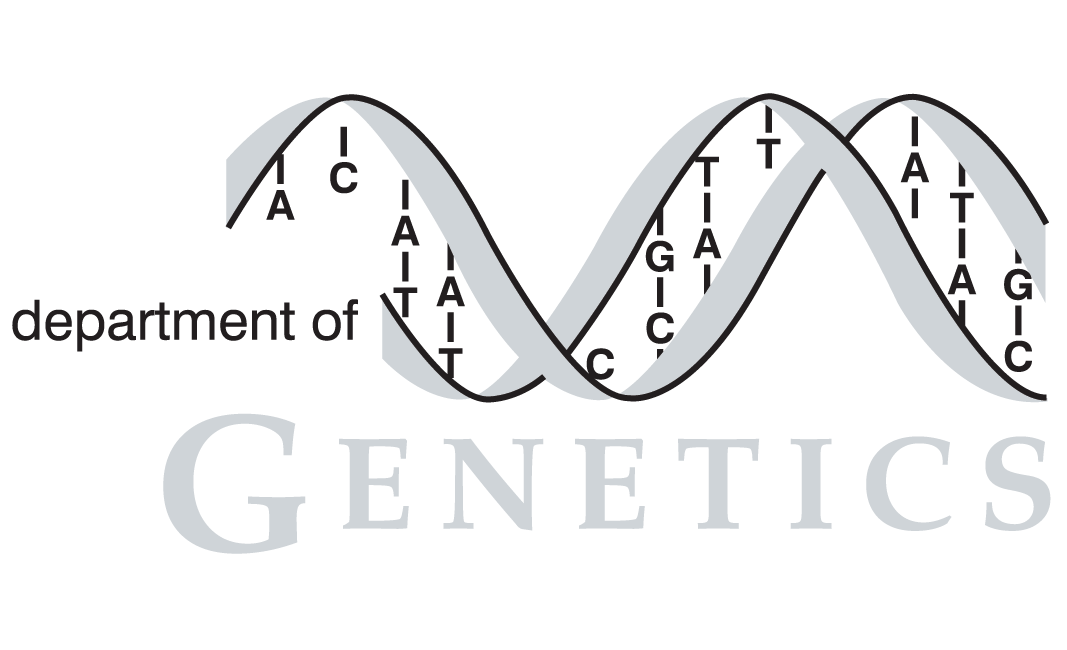| Citation | Johnson JE, Johnson FB. Methionine restriction activates the retrograde response and confers both stress tolerance and lifespan extension to yeast, mouse and human cells. PloS one, 2014. |
| PubMed ID | 24830393 |
| Short Description | Methionine restriction activates the retrograde response and confers both stress tolerance and lifespan extension to yeast, mouse and human cells. |
| # of Conditions | 3 |
Full Description

|
A methionine-restricted diet robustly improves healthspan in key model organisms. For example, methionine restriction reduces age-related pathologies and extends lifespan up to 45% in rodents. However, the mechanisms underlying these benefits remain largely unknown. We tested whether the yeast chronological aging assay could model the benefits of methionine restriction, and found that this intervention extends lifespan when enforced by either dietary or genetic approaches, and furthermore, that the observed lifespan extension is due primarily to reduced acid accumulation. In addition, methionine restriction-induced lifespan extension requires the activity of the retrograde response, which regulates nuclear gene expression in response to changes in mitochondrial function. Consistent with an involvement of stress-responsive retrograde signaling, we also found that methionine-restricted yeast are more stress tolerant than control cells. Prompted by these findings in yeast, we tested the effects of genetic methionine restriction on the stress tolerance and replicative lifespans of cultured mouse and human fibroblasts. We found that such methionine-restricted mammalian cells are resistant to numerous cytotoxic stresses, and are substantially longer-lived than control cells. In addition, similar to yeast, the extended lifespan of methionine-restricted mammalian cells is associated with NFkappaB-mediated retrograde signaling. Overall, our data suggest that improved stress tolerance and extension of replicative lifespan may contribute to the improved healthspan observed in methionine-restricted rodents, and also support the possibility that manipulation of the pathways engaged by methionine restriction may improve healthspan in humans. |
Tags
 |
Contact: sgd-helpdesk@lists.stanford.edu


